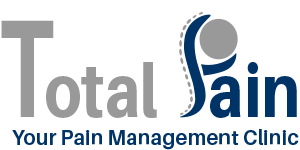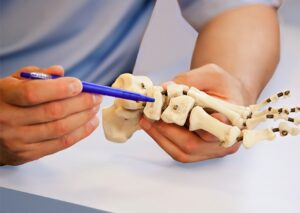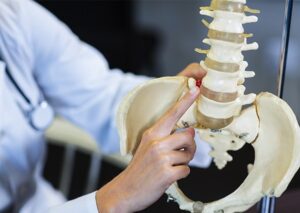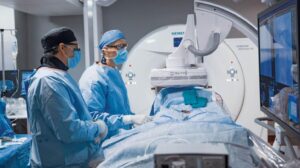Symptoms, Causes & Treatment of Head Pain
Causes of Head pain
What causes head pain, and how can you find pain relief?
Headaches are among the most common disorders of the nervous system and can be caused by a variety of factors, depending upon the type of headache:
Migraines
Migraines often begin at puberty, and affect women more frequently than men. Sometimes occurring with menstruation, hormones can influence the occurrence of migraines. Migraine pain is caused by activation of pain-producing inflammatory substances in the brain. Migraines can be recurrent, sometimes happening for the patient’s entire life. People between the ages of 35 – 45 are most affected by the occurrence of migraines.
Tension Headaches
Tension headaches are the most common form of headache. Often beginning in the teenage years, tension headaches affect women more frequently than men, and may be caused by stress, hormone fluctuations, nerve compression and/or musculoskeletal problems in the neck.
Cluster Headaches
Cluster headaches occur less frequently than other types of headaches, and affect men more often than women. Cluster headaches are brief, often severe, and typically focus on the area around or behind one eye. Cluster headaches can be episodic or chronic. The cause of cluster headaches is not known, but may be related to abnormalities in the hypothalamus.
Other types of head or face pain can have a range of causes, from infection to nerve-related, vascular or musculoskeletal conditions. Your doctor can help you determine the source and cause of your head pain.

Head pain symptoms and diagnosis
As with all pain issues, be sure to discuss all your symptoms with your doctor. Whether you have face pain, nerve pain, headaches or other discomfort, it helps to write down all your symptoms, potential triggers, frequency and severity. Bring your symptom journal with you to your doctor or pain specialist appointment.
If you are looking for headache relief, you are probably familiar with many of the symptoms, which can include:
- Moderate to severe pain on one or both sides of the head
- Pulsing or throbbing
- Pain in the sinus or temple areas
- Head pain in the morning
- dull pain or pain on the top of your head
- Persistent or constant head pain
- Pain that worsens with activity
- Pain lasting from hours to days
- Nausea or vomiting
- Feeling of tightness or pressure in or around the head
- Pain focused on one eye or behind the eyes
- Tearing or redness of an eye or an eyelid that droops
To diagnose the reasons for your pain, your doctor will ask you questions about your health, family history and do a physical examination. Other tests that can help diagnose the source of your pain include X-rays, MRI/MRA scan, CT scan, lumbar puncture/CSF examination and blood tests. It is important that your issue is properly diagnosed so that you can receive the most effective and appropriate treatment.

How to treat Head pain
Your treatment will depend on the underlying cause and severity of your pain. Treatments may include medications or lifestyle modifications. Adequate hydration, sleep and dietary modifications can also help reduce the occurrence or severity of headaches. Exercise, relaxation and chiropractic treatments can also be beneficial.
The main types of medications used to treat headaches include analgesics and anti-nausea medications (symptomatic relief), abortive medications to stop a headache that has already begun and preventative medications.
Over-the-counter aspirin, acetaminophen or ibuprofen can be effective on certain types of headaches and other head pain when taken according to instructions.
Total Pain Clinic takes a conservative approach to medication management. We try to limit prescription medications to help avoid issues with dependence.
Symptom Relief
Medications can include prescriptions for relief of symptoms such as pain, nausea and vomiting.
Abortive Therapy
Some prescriptions are used once a migraine begins to stop the progression of the migraine.
Preventative Therapy
Preventative therapy includes medications that help prevent the onset of a headache or other sudden pain. The best candidates for preventative medications (e.g. beta blockers and anti-depressants) are those patients who suffer from severe headaches at least several times a month, and for whom pain medications have not been effective. In some cases, anti-seizure drugs and Botox can be effective in reducing the frequency of migraines in adults.
Contact The Total Pain Clinic today to learn more about how we can help you effectively manage your Head pain.





















